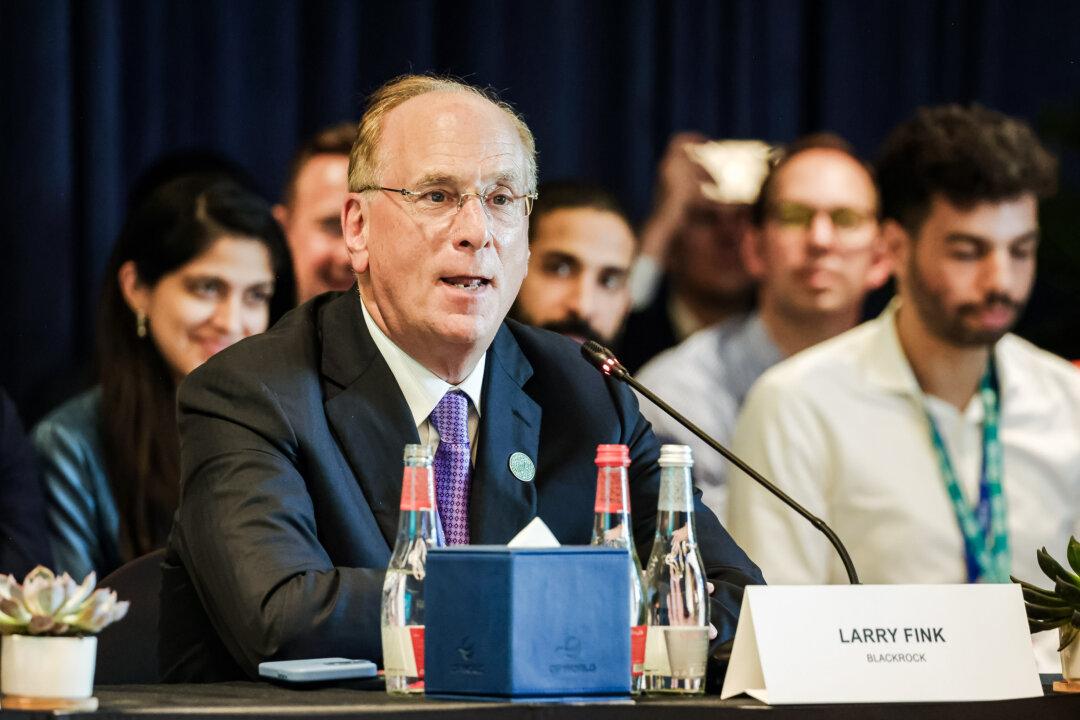The Texas Board of Education announced on March 19 that it would divest $8.5 billion in state funds from BlackRock, the world’s largest asset manager.
Aaron Kinsey, chairman of Texas State Board of Education said that the move was necessary to comply with the 2023 state law, known as Senate Bill 13, which prohibits the state from investing with companies that the state comptroller deems to be discriminating against fossil fuel companies.





